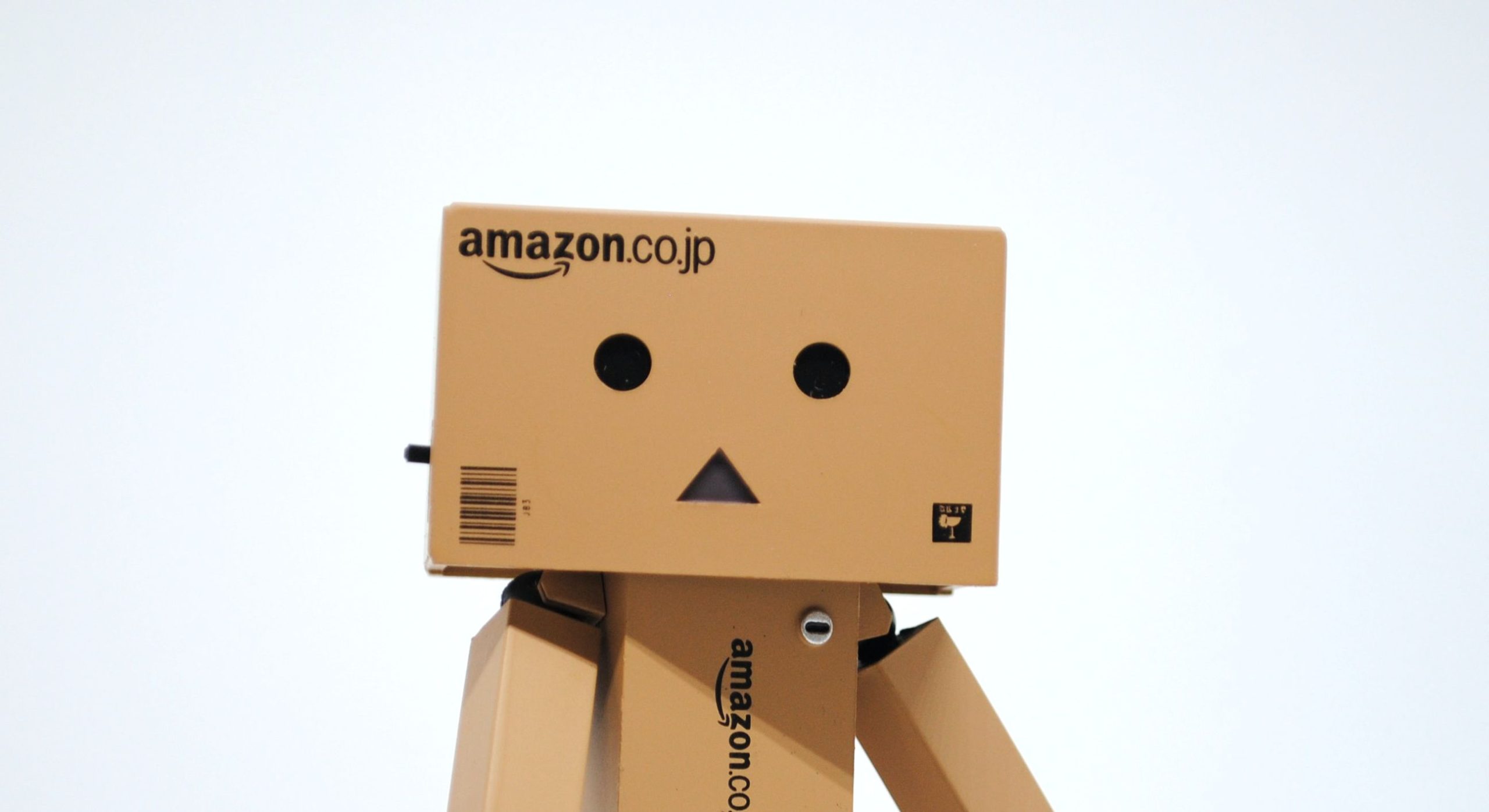The $1.4 billion Amazon-iRobot deal failed! Amazon’s bid to acquire iRobot, the ingenious creator of the Roomba robot vacuum cleaner, recently hit a formidable snag. As the e-commerce giant aimed to expand its portfolio of smart home devices, the European Union (EU) raised a red flag, voicing concerns that reverberated through regulatory channels. The consequence: the abandonment of a deal that held immense promise and layoffs.
Why did the Amazon-iRobot deal fail?
Amazon’s ambitious plan to acquire iRobot, the maker of the popular Roomba robot vacuum cleaner, has hit a roadblock and ultimately failed for several reasons.

The primary factor behind the deal’s collapse was the opposition from the European Union (EU). The European Commission raised concerns about the acquisition, stating that it could potentially restrict competition in the robot vacuum cleaner market. The EU was particularly worried about Amazon’s market dominance and its potential to reduce the visibility of rival vacuum cleaners on its retail platform.
“Amazon’s proposed acquisition of iRobot has no path to regulatory approval in the European Union, preventing Amazon and iRobot from moving forward together—a loss for consumers, competition, and innovation.”
-Amazon in a statement
Despite facing regulatory hurdles, Amazon reportedly failed to offer concessions in response to the formal list of concerns presented by the European Commission. This unwillingness to address the outlined issues played a crucial role in the termination of the deal. Verity Egerton-Doyle, a partner at UK law firm Linklaters, mentioned that Amazon’s refusal to provide remedies doomed the deal.
The deal was also under scrutiny from the Federal Trade Commission (FTC), the US competition watchdog. The FTC had launched a broader lawsuit against Amazon, which included an examination of the iRobot acquisition. This additional regulatory scrutiny likely contributed to the challenges Amazon faced in getting the deal approved.
The broader context of antitrust concerns against Amazon played a role in the deal’s failure. The EU’s doubts about the iRobot acquisition echoed some of the concerns raised in the FTC’s lawsuit against Amazon. The lawsuit alleged that Amazon prioritizes its own products over those of competitors, indicating a pattern of anticompetitive behavior.

The joint statement released by Amazon and iRobot suggested that there was no viable path to regulatory approval in the EU, leading to the decision to abandon the acquisition. Amazon’s General Counsel, David Zapolsky, expressed frustration with what he considered “undue and disproportionate regulatory hurdles,” emphasizing that such obstacles discourage entrepreneurs and harm both consumers and healthy competition.
In the aftermath of the failed deal, iRobot faced economic consequences. To mitigate the impact, iRobot announced plans to cut 31% of its workforce, amounting to 350 employees. The departure of iRobot’s CEO was also part of the fallout from the collapsed acquisition.
“The termination of the agreement with Amazon is disappointing, but iRobot now turns toward the future with a focus and commitment to continue building thoughtful robots and intelligent home innovations that make life better, and that our customers around the world love.”
-Colin Angle, Founder of iRobot
In summary, a combination of regulatory opposition from the EU, Amazon’s reluctance to address concerns, broader antitrust scrutiny, and the economic repercussions for iRobot collectively contributed to the ultimate failure of the Amazon-iRobot deal. The incident highlights the challenges that tech giants face in navigating complex regulatory landscapes and underscores the importance of addressing antitrust issues in the pursuit of mergers and acquisition.





